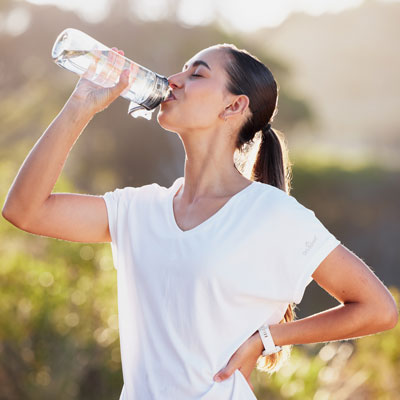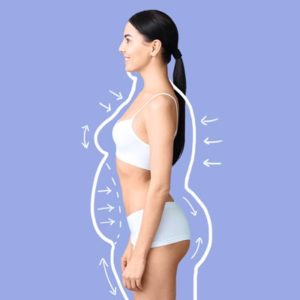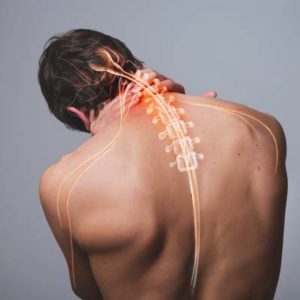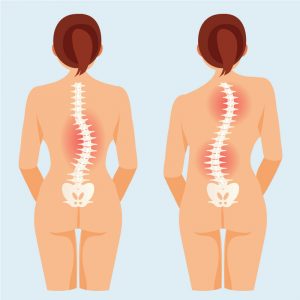Last Modified on February 20, 2025 by Dr. Tyler Meier

As a spine specialist in Newport Beach, I’ve seen how proper nutrition is crucial in managing scoliosis. Think of your spine as a growing tree – it needs the correct nutrients to stay strong and healthy. Nutrition impacts several key aspects of spinal health, including bone density, muscle strength, and inflammation.
When we talk about scoliosis management, nutrition isn’t just about eating well – it’s about giving your body the tools to support other treatments like bracing and physical therapy. Proper nutrition may help slow the progression, but more research is needed.
Key Nutrients for Spinal Health
Calcium and Vitamin D: The Dynamic Duo
These nutrients are like best friends who work better together. While calcium builds strong bones, vitamin D helps your body absorb it effectively. You’ll find calcium in:
- Dairy products
- Leafy green vegetables
- Fortified foods
Pro tip: Morning sun exposure helps your body produce vitamin D naturally, but don’t forget sunscreen!
Vitamin K2: The Unsung Hero
Think of vitamin K2 as your body’s traffic cop, directing calcium to your bones where it belongs. You can find it in:
- Fermented foods like sauerkraut
- Grass-fed butter
- Egg yolks
Magnesium: The Muscle Supporter
Magnesium helps your muscles function correctly and supports bone health. The most bioavailable forms are magnesium citrate and magnesium glycinate. Good sources include:
- Dark chocolate (yes, really!)
- Avocados
- Almonds and cashews
Protein: The Building Blocks
Your spine needs protein for muscle repair and maintenance. Focus on lean sources like:
- Chicken and turkey
- Fish
- Beans and lentils
Omega-3 Fatty Acids: The Inflammation Fighters
These healthy fats help reduce inflammation and pain. Find them in:
- Fatty fish (salmon, mackerel, sardines)
- Flaxseeds
- Chia seeds
Foods to Include in a Scoliosis-Friendly Diet
Nutrient-Rich Foods
Think rainbow when planning your meals! The more colorful your plate, the better. Include:
- Berries: Nature’s antioxidant powerhouses
- Leafy greens: Calcium and vitamin K champions
- Whole grains: Energy providers and fiber sources
Anti-Inflammatory Foods
Inflammation can worsen scoliosis symptoms, so include these natural anti-inflammatory foods:
- Turmeric (try it in golden milk!)
- Ginger
- Extra virgin olive oil
Foods to Limit or Avoid
We all love a treat now and then, but some foods can work against our spinal health goals:
Processed Foods
These are like speed bumps on your road to better health. They often contain:
- High levels of sodium
- Unhealthy fats
- Added sugars
Sugary Drinks
These calcium thieves can interfere with calcium absorption and contribute to bone loss.
The Gut-Spine Connection
Your gut health affects your whole body, including your spine. I often tell my patients: “A happy gut means a happier spine!” Include probiotic-rich foods like:
- Yogurt
- Kefir
- Kombucha
Weight Management and Hydration
Maintaining a healthy weight reduces stress on your spine. Think of it like carrying a backpack – the lighter the load, the easier it is on your back.
Water is crucial for spinal disc health. Your discs are like water balloons – they need proper hydration to maintain their shock-absorbing properties.
Working with Healthcare Professionals
We take a comprehensive nutrition and scoliosis management approach at the Coreposture Chiropractic. Every patient is unique, so what works for one person might not work for another. We’ll help you develop a personalized nutrition plan supporting your treatment goals.
While nutrition is important, it’s just one piece of the puzzle. Always work with your healthcare team to develop a comprehensive treatment plan.
Need personalized guidance on nutrition and scoliosis? The Coreposture’s team of specialists is here to help. Contact us to schedule a consultation and learn how proper nutrition can support your spinal health journey.

Dr. Tyler Meier is a board-certified, licensed chiropractor and founder of CorePosture Chiropractic in Newport Beach, CA







